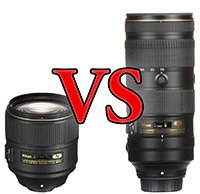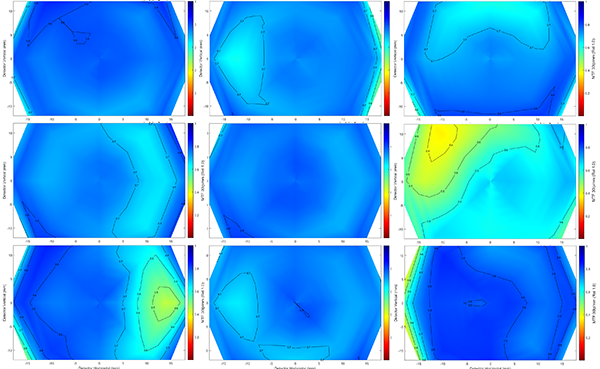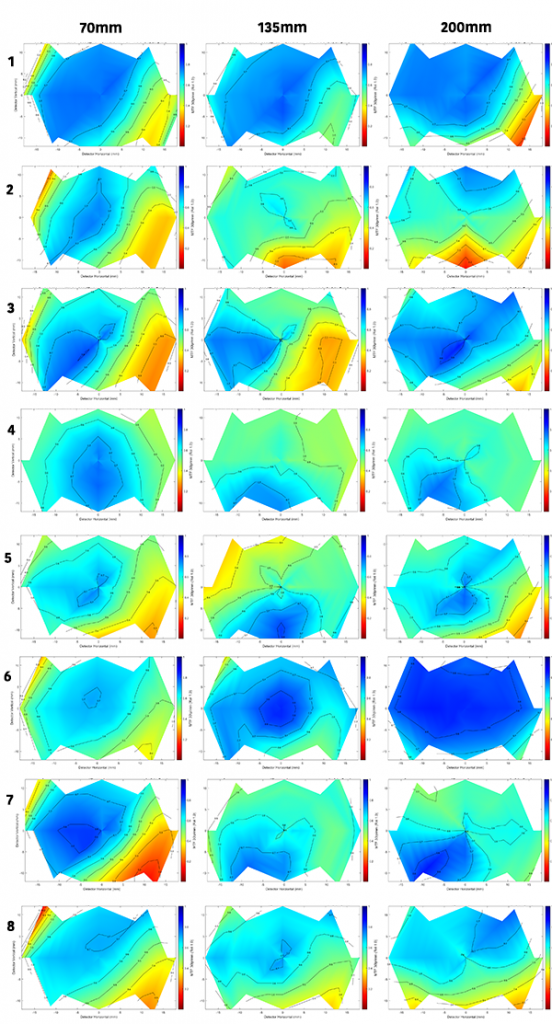Prime vs zoom lenses: Can the best zoom lens match the best prime?
posted Monday, February 13, 2017 at 12:38 PM EST

There are some very sharp zoom lenses available and there are many zoom lenses which find themselves in the bags of amateur and professional photographers alike, often with good reason. Zoom lenses are very practical optics, proving to be versatile, sharp and fast in real-world shooting situations.
However, even the best zoom lenses are not as optically impressive as good prime lenses at similar apertures. Roger Cicala, founder of LensRentals, has concluded this, among other things, in a recent blog post. Why is this the case? There are numerous reasons, not the least of which is that zoom lenses are immensely complicated pieces of gear with many more moving parts and engineering challenges than prime lenses. Roger notes that " If you knew all the compromises that go into making [zoom lenses], you’d be as amazed as I am that they can make them that good for those prices."
An aspect of zoom lenses which is often lost in lens reviews is the considerable amount of sample variation that even very expensive zoom lenses exhibit. It's an unavoidable fact of the way that they are engineered and produced at reasonable costs that zoom lenses will display considerable sample variation; much more than prime lenses show.


For information on how to read these charts, see Roger's full blog post, which includes a very useful introduction on MTF charts and testing methodology. The gist of it is that darker blue areas are sharper and red areas are less sharp. In the eight samples of an unnamed 70-200mm f/2.8 zoom lens, we can see considerable sample variation. If one reviewer received sample number 1 they might come to very different conclusions about the lens than a reviewer who received sample number 8. Similarly, someone who primarily uses their 70-200mm f/2.8 lens for sports photography will be very happy with sample 6, but might not be happy at all with sample 2, even though a different photographer might not have found any notable difference between the two copies of the lens.
Roger notes, "My point simply is that zooms vary more than primes in general, and a given copy of a zoom will vary at different focal lengths. The laws of physics and manufacturing tolerances told us it would be this way. Put more variables into a lens, and the lens varies more." That doesn't mean that zoom lenses cannot perform excellently, but they will never be as good as the best prime lenses available.
Ultimately, what matters is that the lens you're using allows you to capture the images you want to capture and helps you achieve your personal artistic vision. But if delivering your vision relies on using a lens as close to optically perfect as possible, then a zoom lens will never be your best bet, no matter how good the zoom lens.
For much more information on this topic and to read Roger Cicala's thoughts on prime versus zoom lenses, read his blog post.
(Seen via PetaPixel)